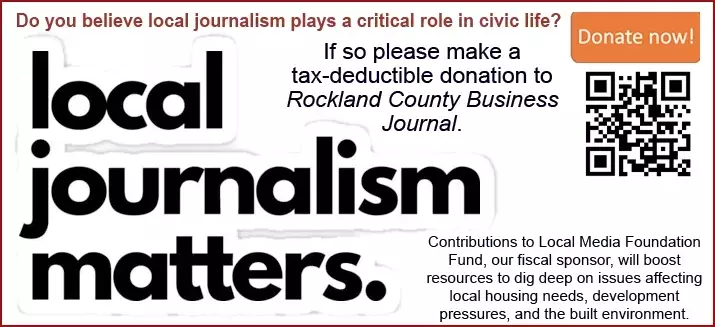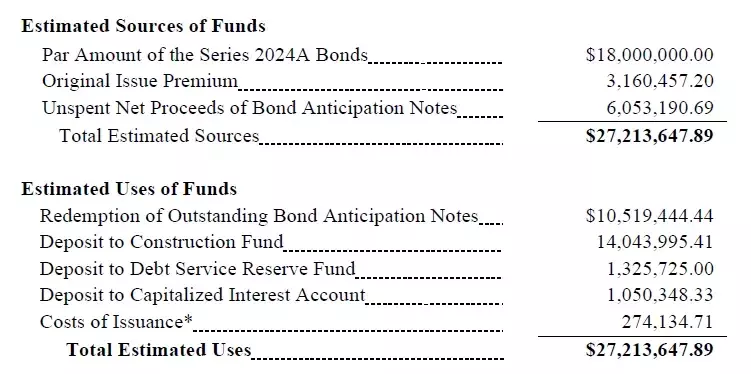



In a significant development in Rockland County, the proposed animal shelter project has sparked debate and concern among local officials and residents. The $18 million bond issued by Rockland Green, a quasi-public authority, aims to fund the conversion of an existing warehouse into an expansive animal shelter. However, the project's financial implications, including high-interest rates and long-term debt obligations, have raised eyebrows. Only four out of five towns have agreed to participate, with Orangetown opting out, citing existing contracts with the Hudson Valley Humane Society. This article delves into the details of this ambitious but contentious initiative.
The decision to pursue this new shelter stems from discussions initiated by Howard Phillips, Chairman of Rockland Green, who convinced several elected officials to abandon plans for rebuilding the Hi Tor Animal Shelter in Pomona. Instead, they opted for purchasing and renovating an empty warehouse on Ecology Road in West Haverstraw. The projected cost has escalated from an initial estimate of $8 million to $18 million, raising questions about financial planning and oversight.
The bond issue carries a steep interest rate—5.5 percent for $9 million and 6.25 percent for another $9 million—significantly higher than typical municipal bonds. This means taxpayers will bear the brunt of paying off nearly $40 million over three decades. Additionally, annual operating costs are expected to start at $2 million in 2025 and increase steadily each year. These financial burdens highlight the need for transparency and careful consideration before moving forward.
Further complicating matters, Rockland Green is embroiled in a lawsuit with Hi Tor Animal Shelter over breach of contract allegations. Legal fees could add to the already substantial costs. Moreover, with only $14 million allocated for construction, there are concerns about potential overages and change orders, given Rockland Green's history with similar projects. The Materials Recovery Facility (MRF), for instance, required over 100 change orders, casting doubt on the feasibility of staying within budget.
The town supervisors of Stony Point, Clarkstown, Haverstraw, and Ramapo have pledged to support the project through tax levies on their constituents. However, Orangetown Supervisor Teresa Kenny emphasized that her town remains independent, maintaining a contract with the Hudson Valley Humane Society. "We have been very satisfied with HVHS services and see no immediate reason to switch," she stated. This stance underscores the varied perspectives within the county regarding the new shelter's necessity and financial viability.
Residents in the four participating towns will be bound to pay for this project for the next 30 years, regardless of any changes in the shelter's operational efficiency or financial performance. The ongoing costs to run the facility, estimated to rise annually, further complicate the situation. While Rockland Green aims to provide better animal care, the financial risks and long-term commitments require thorough evaluation and public scrutiny.
As the project moves forward, it is crucial for all stakeholders to carefully assess the potential benefits and drawbacks. The high-interest rates, escalating costs, and lack of resident input raise important questions about governance and fiscal responsibility. Moving forward, transparency and accountability will be essential to ensuring that this ambitious project serves the best interests of both animals and the community.
